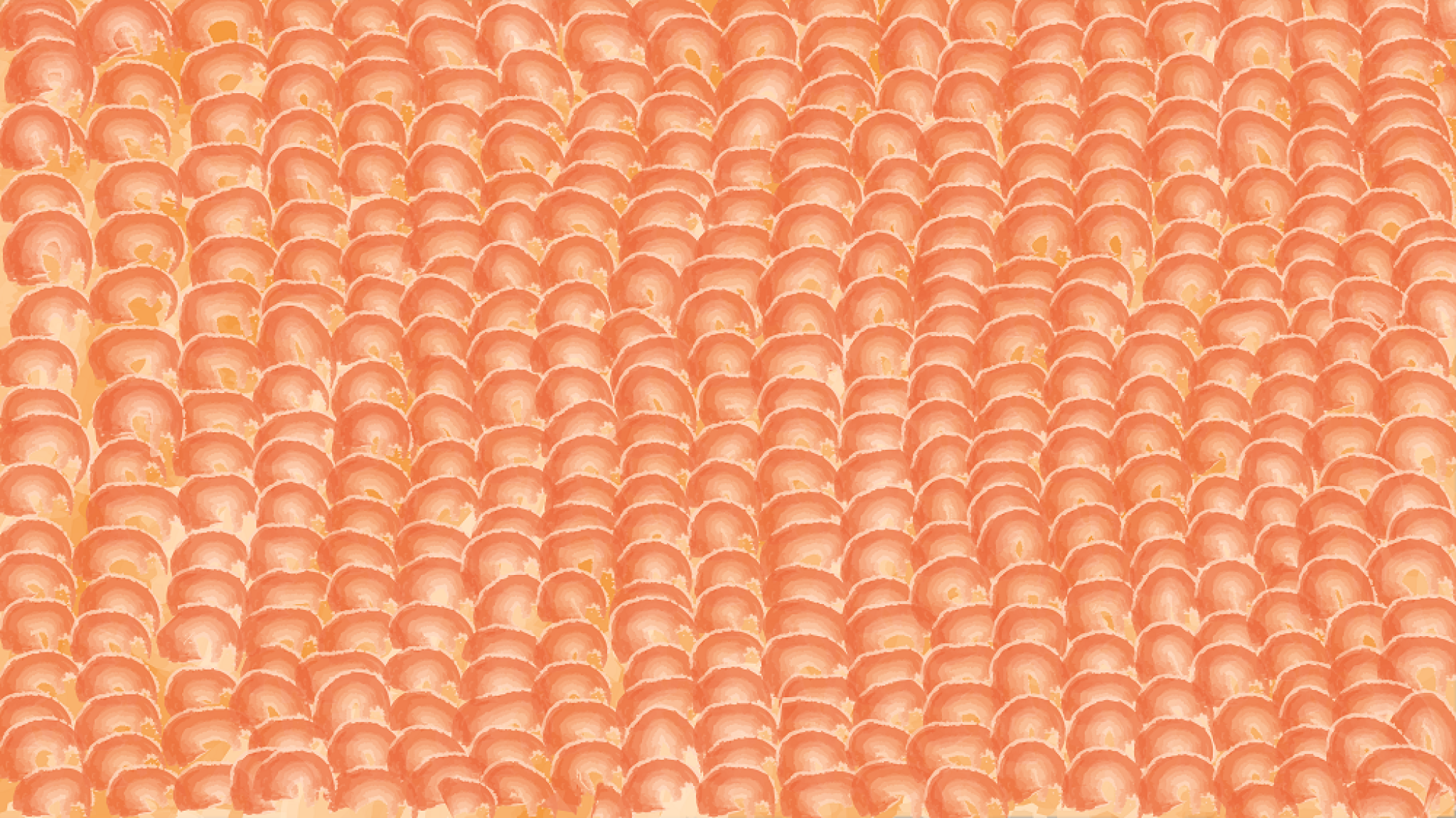As part of our gathering of Indigenous scholars in October 2019, we held a series of public forums around the topic of decolonising the academy. These featured our collaborators and other Indigenous leaders at the ANU and are available here to supplement and extend themes that emerge from our film.
On this page you’ll find some definitions of key terms and further resources to help you host conversations in your own communities, classrooms and workplaces. We’d love for you to use our film complemented by our survey and discussion guide. Please know our list is evolving and not comprehensive; we welcome suggestions for additional resources.
Decolonisation
Read more
We understand decolonisation as a commitment and action taken to recognise the marginalisation of Indigenous knowledges and people in and beyond universities, transform relationships in a way that dismantles oppressive relations of power, and reorient our work towards that which honours the sovereignty and deep knowledge of Indigenous people.
This project discusses calls to ‘decolonise’ academic workplaces, practices and their associated intellectual genealogies. This doesn’t refer to the decolonisation of states from under the rule of colonial occupiers, like what might be discussed in geopolitical and international relations terms. Rather, we’re talking about dismantling of more abstracted and less visible (but all the while just as impactful) processes of coloniality which are embedded in how we learn, behave, and relate to each other.
For decolonial theorists concerned with how coloniality affects academia, the project of decolonisation requires not just an awareness of colonialism, but a series of fundamental transformations to what academic work is, who it is for, and what it seeks to achieve. In this way, we draw a direct relationship between how we think and how we act.
Settler colonialism
Read more
A term used to describe the process by which people (settlers) claim other land as their own, displacing Indigenous people, often violently. Indigenous scholars have written about the ways that settler colonialism embeds itself within our societies, making it seem inevitable and without end.
Academy
Read more
When we talk about the academy, we’re referring to all the things that make up the university system in a broad sense. This includes, for example, research, teaching, service, campus communities, publications, scholarly and professional associations and university systems.
Trans-Indigenous
Read more
Our film uses a trans-Indigenous frame work. This means that we bring Indigenous people together in conversation and collaboration, finding ways to support each other. We think of this as a potent act of decolonial kin-making, as we link up Indigenous scholars and students across Australia, Asia and the Pacific. If we commit to radically re-centring Indigenous people’s experiences, knowledges and work, this means shifting the way we talk about connections in the academy.
Decolonising The Academy Website and Film Launch
- “Decolonization is Not a Metaphor” by Eve Tuck and Wayne K Yang
- Linda Tuhiwai Smith on “Heritage and Knowledge: Decolonizing the Research Process”
- Collection of work by the Unbound Collective (Ali Gumillya Baker, Simone Ulalka Tur, Faye Rosas Blanch and Natalie Harkin)
- “Indigenous academic women: treated as ‘black performer’ in higher education” by Amy Thunig
- Weaving the Colonial Archive: A Basket to Lighten the Load by Natalie Harkin
- “The irony of the Aboriginal academic” by Chelsea Watego
- Aileen Moreton-Robinson on the 20th Anniversary of “Talkin’ Up to the White Woman”, in discussion with Fiona Nicoll
- Sereana Naepi on Knowledge Making and Navigating in Universities
- Looking for murnong by Lou Bennet and Romaine Moreton
- “Ambivalent Kinships? Pacific People in New Zealand” by Teresia Teaiwa and Sean Mallon
- “The enduring power of aloha ‘aina” by Noelani Goodyear-Kaʻōpua
- Decolonising Teaching and Learning Toolkit, published by SOAS
- Reading list compiled by Decolonization: Indigeneity, Education and Society journal
- Reading list compiled by Analú María López
- OCIS 2020 Closing Keynote Address by Professor Bina D’Costa
- Destroying the walls and the doors by Bianca Hennessy
- Indigenizing the Anthropocene by Zoe Todd
- Feminist Killjoy blog by Sara Ahmed
- Whitewash-Brainwash: An Archival-Poetic Labour Story by Natalie Harkin
#Academic Twitter (X): Some great minds to follow
Here are some great minds to follow on #decolonisation #trans-Indigineity #BeingIndigenousintheAcademy:
Let us know your thoughts
We want to better understand the impact of our film and see how it connects with conversations that might already be happening in your world. Our project is deliberately open-ended, so we want your perspectives to help direct our next steps. Learning a little about your impressions and experiences will help us do that, so please reach out to us.
